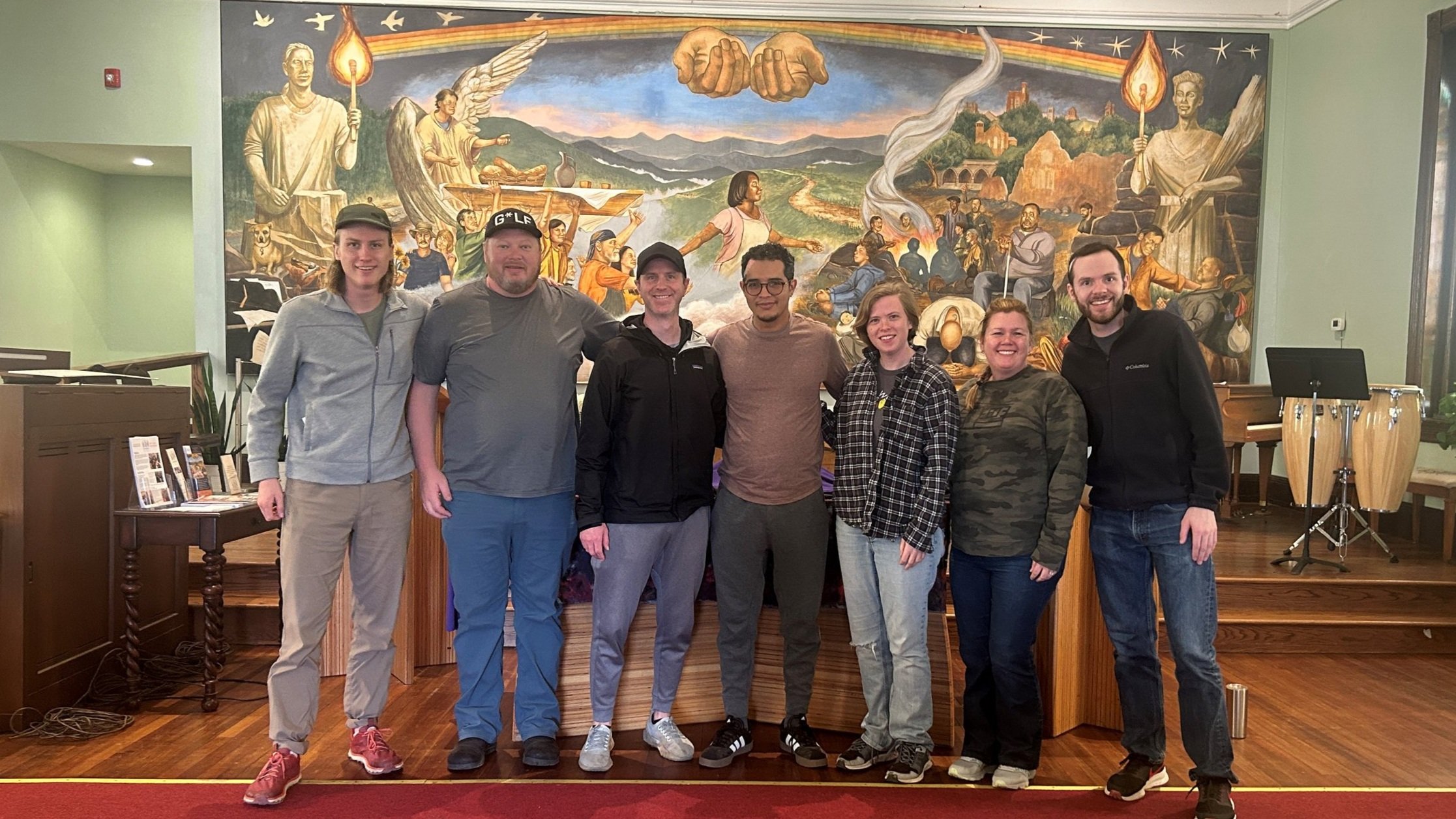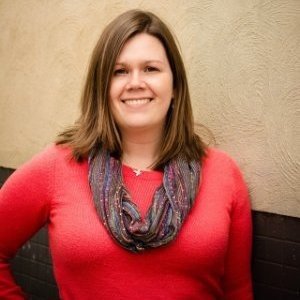Asheville Adaptive Reuse Immersion
Over a few days in March 2024, Rev. Todd Maberry and several Thriving Communities Fellows joined Agent of Thriving Rev. Luke Lingle in Asheville. They spent time exploring and serving three different church communities who have participated in adaptive reuse to repurpose their space to best serve their local community. They visited the Haw Creek Commons, Haywood Street UMC, and Central UMC, which houses the Equal Plates Project. The learning was rich, and we asked the fellows to share their main takeaway. Keep reading to discover their reflections!
Fellow Reflections
Ben Praamsma, MDiv ‘26
“Despite being in Asheville for less than 48 hours, I’m certain my future ministry will look different because of what I saw there. One of the prevailing themes of the ministries we encountered was a radical listening— be that through intercepting community members with gardening work, networking with social organizations in the area, or with winning trust with longstanding parishioners. What was most beautiful was hearing how the pastor of Haywood St. Church spent time with the unhoused, living and listening in on the streets. The ministry we witnessed was, first and foremost, informed by the needs of the community.”
Jacob Lancaster, MDiv '23 & Pastor at St. Matthews UMC in Morganton, NC
“This Asheville immersion trip was such an inspirational time for me amidst a season of fatigue in my pastoral ministry. Seeing the amazing and creative things happening in the adaptive use at the three campuses of Central UMC (Asheville) helped me to really understand the beauty that comes from deep community listening and connection. It was a restorative experience and excited me for the possibilities of the simple but exciting opportunities I have in my own church and community. I think Luke explained deeply the motivation and starting point for the ministries happening there, so I understand more deeply what it takes to do this sort of work in other spaces.”
Valorie Cook, MDiv ‘24
“I appreciated the variety of creative and flexible spaces we were exposed to during our adaptive reuse immersion. From community-based activities to supports for social services to kitchens that are maximized for income, for feeding the vulnerable, and for connecting chefs, local farmers, and the hungry, we were exposed to many different kinds of reuse. My key takeaway from these examples is to invest considerable time in getting to know the people doing life around the church building, form relationships, and ask them what they need.”
Hope Anderson, MDiv ‘25
“The Asheville Immersion Trip refreshed my soul and energized my imagination. In a cultural climate that presents the Church as dying and irrelevant, this immersion experience gave me a glimpse of a very different reality. Together, we encountered churches that were listening in humility to their neighbors, creatively re-purposing their physical space, and embodying Christ's Incarnation through tangible presence in their communities. I walked away from this trip asking myself how I could do likewise and how my future faith communities could take great risks with God.”






